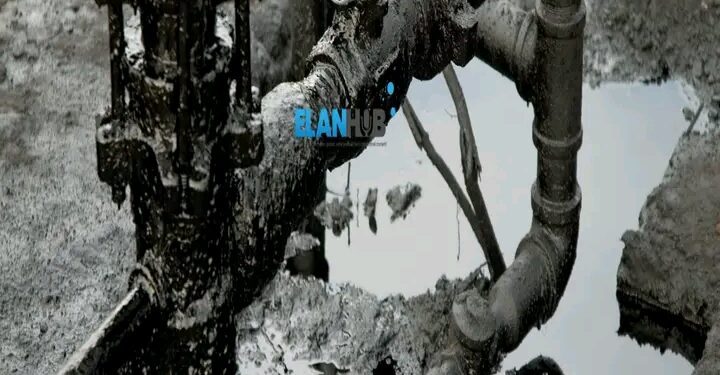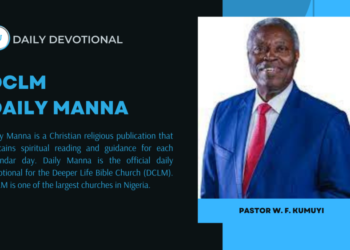The severe environmental degradation in Ogoniland continues to draw national and international attention as discussions on the water crisis persist. Located in the Niger Delta region of Nigeria, Ogoniland spans an estimated area of 1,050 square kilometres and is home to approximately 1.5 million people.
Prominent Nigerian journalist and media scholar, Mercy Ette, has shed light on the dire situation faced by the Ogoni people in her recent article contributed to the 2023 annual flagship publication of the Minority Rights Group International. Titled “Nigeria: ‘Water was the source of life; it is now the cause of death’ – the ongoing oil pollution crisis among Ogoni people in the Niger Delta,” the article highlights the devastating effects of environmental pollution caused by both international oil companies and local oil refineries.
Minority Rights Group International (MRG) is an international human rights organization that promotes the rights of minorities and promotes cooperation between communities. Its annual flagship publication this year focuses on the many minorities and indigenous people and how the water crisis has become an existential crisis for them. The report was launched on June 20th 2023 with contributions from many notable Human Rights Advocates.
Heavy flooding across Africa, Pakistan and other human activities has led to the disruption of the planet’s water cycle. The group believe for water justice to be attained, communities that protect the water systems should be prioritised in the international arena.
Ette emphasizes that despite the passage of several decades since the execution of Ken Saro Wiwa and eight others, the Ogoni people still lack access to clean and drinkable water, largely due to negligence and the politicization of the remedial process. The situation is further aggravated by the presence of illegal local refineries, which exacerbate environmental degradation.
“The current spate of artisanal refining in the land has contributed greatly to environmental degradation. The incomplete combustion of hydrocarbons has led to an increase in black soot, resulting in harmful effects on water quality and the overall environment,” states the report, which was co-authored by Martha Agbani.
A UNEP research commissioned to carry out an environmental assessment of Ogoniland found groundwater to have Benzene at 900 times above World Health Organization standards. Potable water remains a huge challenge in much of Ogoniland. As noted in the article by Ette, their recommendations called for emergency measures, as well as medium- and long-term implementation strategies that would lead to the clean-up, remediation and restoration of the land.
However, Ette remains cautiously optimistic about the prospects of change. She highlights the potential impact of the United Nations Environment Programme (UNEP) and the Hydrocarbon Pollution Remediation Project (HYPREP), a government agency established in 2017 to address environmental issues in the Niger Delta. Ette acknowledges the slow progress of the HYPREP project in remediating Ogoniland’s land and water but expresses hope that the combined efforts of the Ogoni people, whether through legal processes or advocacy, will yield positive results soon.
“HYPREP and the ongoing success of the legal battles against Shell are evidence that positive changes are happening in Ogoniland, and that the fight by the Ogoni people to remediate the damages caused by the oil extraction and by the Nigerian State as co-responsible actors in this ecocidal war, may yet lead to environmental justice for the communities and the waters of this land blighted by oil production.” the report said.
The urgent need for remediation and the plight of the Ogoni people serve as a poignant reminder of the far-reaching consequences of environmental degradation and the imperative to address these issues promptly.















